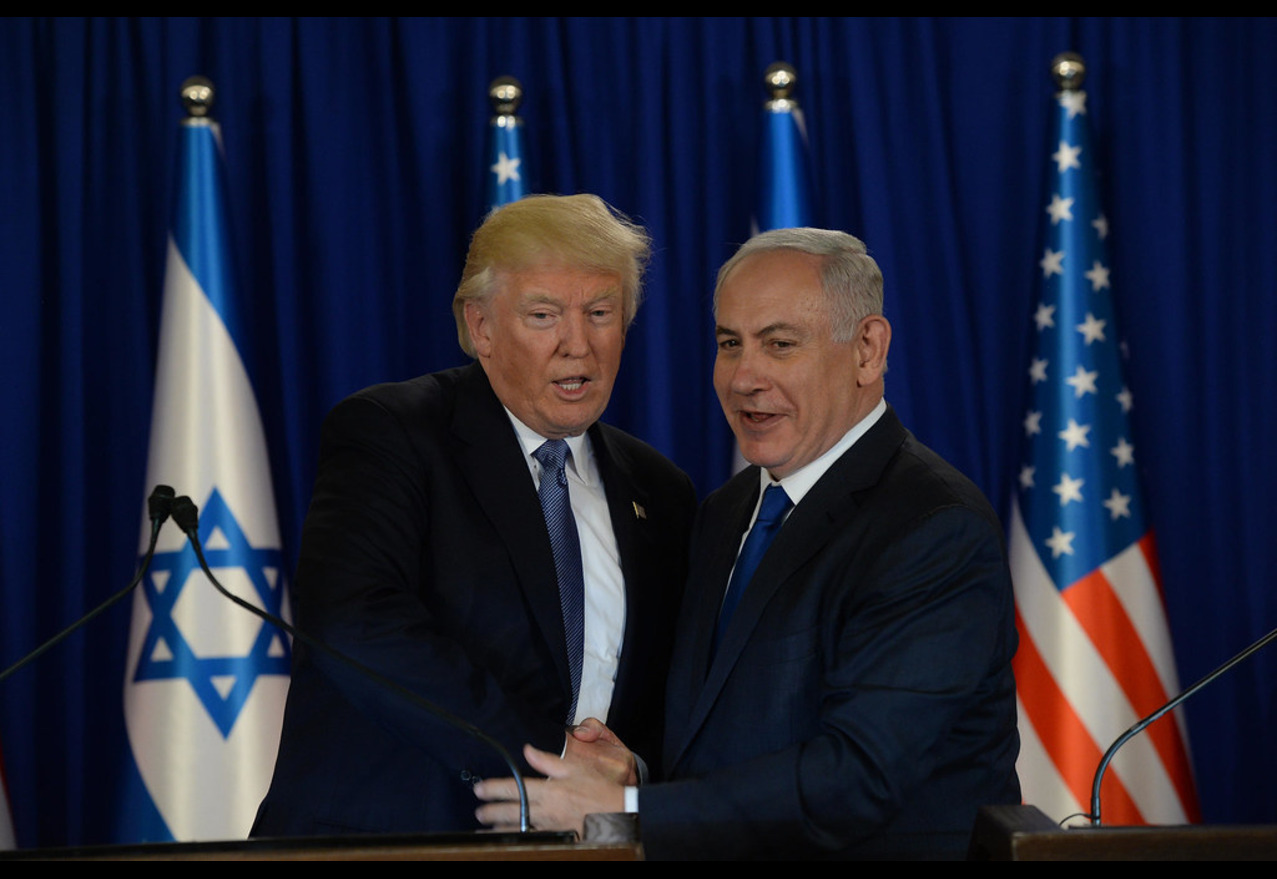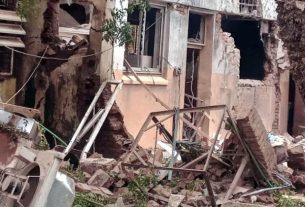Jerusalem, 22 August 2025 — Israeli Prime Minister Benjamin Netanyahu has announced that Israel will resume negotiations aimed at securing a ceasefire in Gaza and facilitating the release of hostages held by Hamas. The decision marks Israel’s first formal response to a temporary ceasefire proposal brokered by Egypt and Qatar, which Hamas accepted earlier this week.
Speaking near the Gaza border on Thursday, Netanyahu stated, “I have issued instructions to begin immediate negotiations for the release of all our hostages and an end to the war on terms acceptable to Israel.” He emphasized that any agreement must ensure the release of all remaining hostages and meet Israel’s security requirements.
Ceasefire Proposal and Hostage Exchange
The proposed framework includes a 60-day ceasefire and a phased exchange: Hamas would release 10 living hostages and 18 bodies, while Israel would free approximately 200 long-serving Palestinian prisoners. Following the temporary truce, both sides are expected to enter negotiations for a permanent ceasefire and the release of all remaining hostages.
Israeli officials estimate that around 50 hostages remain in Gaza, with approximately 20 believed to be alive. The talks are expected to begin once a mutually agreed location is determined.
Military Operations Continue
Despite the diplomatic opening, Netanyahu reaffirmed plans for a major military operation in Gaza City, approved earlier this month by Israel’s Security Cabinet. The Israeli Defense Forces (IDF) have mobilized 60,000 reservists and extended the service of 20,000 soldiers in preparation for the offensive.
Over the past 24 hours, the Gaza Health Ministry reported at least 70 fatalities due to Israeli strikes, including eight people killed in a single house in the Sabra neighborhood of Gaza City. Humanitarian conditions continue to deteriorate, with famine officially declared in parts of the enclave and aid access severely restricted.
International and Domestic Reactions
The announcement has drawn mixed reactions. While some international actors have welcomed the resumption of talks, others have urged Israel to reconsider its military plans in light of the humanitarian crisis. Protests erupted in Gaza City on Thursday, with residents carrying banners reading “Save Gaza, enough” and “Gaza is dying by the killing, hunger and oppression.”
The United Nations and humanitarian organizations have called for an immediate ceasefire to prevent further civilian casualties and allow aid delivery. UN Secretary-General António Guterres reiterated his appeal for both sides to prioritize humanitarian access and the protection of civilians.
Outlook
As negotiations prepare to resume, the coming days will be critical in determining whether a temporary truce can lead to a broader resolution of the nearly two-year conflict. While the path forward remains uncertain, the renewed diplomatic engagement offers a potential opening for de-escalation and humanitarian relief.



